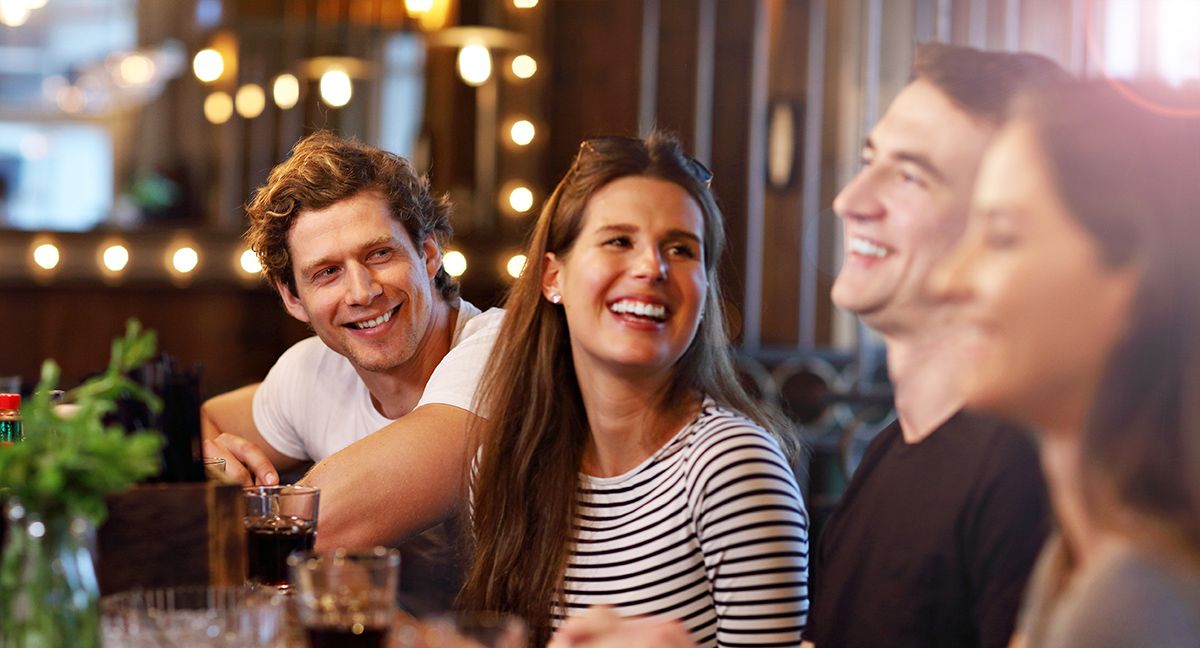Breathe easy with PURbcAIR
Not only the American environmental agency EPA, but also the World Health Organization WHO have so far examined its epidemiological studies that have been transferred from fine dust to global human health. They are all revealing that even a brief exposure to the air particles has half of the human mortality rate. This is also the reason why the WHO has long since recommended a fine dust limit of 10 micrograms per cubic meter of aerial photos – but currently EU guidelines still show a limit of 25 micrograms – two and a half times. Scientists, doctors and politicians advocate adapted, stronger limit values that people in this country have not been able to achieve so far. PURbcAIR, with its own coating systems, is a guarantee of cleaner, healthy air that is found indoors. In the tourism sector, this means: enjoy the most beautiful time of the year and the reviews.

Guarantee a clean indoor climate in the hotel industry.
People from all nations meet in the hotels of this world – and with it also the most diverse viruses and bacteria. Therefore, in order to keep the indoor climate clean and pure, it is of great added value to have the option of an air purification system for interiors, which automatically frees the breathing air of guests from harmful microparticles. Because while families, couples or business travelers arrive together in the hotel lobby, have breakfast in the dining room or relax with a massage, the invisible window coating from PURbcAIR binds even the smallest particles from the air and makes them harmless. That means: the best conditions and a uniquely pure hotel climate for guests everywhere.

Protect guests in restaurants, cafeterias and cafés.
It’s no secret that many people share the breathing air of a room, especially in the food service industry. However, the nature of this indoor air can vary widely. Most restaurateurs are already paying attention to regular ventilation to keep indoor air circulation going, but providing clean air is also much easier. With PURbcAIR, after application of the protective film on glass surfaces by specialist personnel, no further application instructions for the protection of guests need to be observed. Both artificial and natural light continuously activates the window panes to dissolve pathogens and dust particles so that they can then simply be wiped away or vacuumed – and this improves the quality of the stay in every restaurant or café.
Equip means of transport with the best air purification system.
Travelers who use means of transport to spend their vacation or reach another destination are not only in the company of other passengers, but also in contact with the outside and inside air. Even extremely dangerous ultrafine dust particles can penetrate deep into the human body. The latest studies reveal that where the exposure to fine and ultra-fine dust is particularly high, the rate of people susceptible to infection also increases. This means that if people breathe in many pollutant particles, the risk of suffering from respiratory or cardiovascular diseases also increases. The PURbcAIR coating system is the perfect, innovative solution so that people can move more safely at the airport, on cruise ships or with bus companies.
PURbcAIR has a shelf life of 30 years and also scores miles over expensive, maintenance-intensive ventilation systems due to its low purchase costs. Transport companies, the hotel industry and gastronomy are thus open to new opportunities for an optimized air atmosphere and at the same time they create added value for their guests that can be advertised as such.
The fact that air pollution makes the corona virus more dangerous is not surprising, on the contrary: Experts observed the same effect in 2003 with the closely related Sars-CoV virus. Pollutants also had a serious impact on the 1918/19 flu pandemic. In 2015, a group led by Karen Clay from Carnegie Mellon University analyzed the effects of the emissions from coal-fired power plants in 183 US cities. The result: Even if the air pollution in the more badly affected cities had been reduced to an average value, around 20,000 fewer people would have died from the Spanish flu.